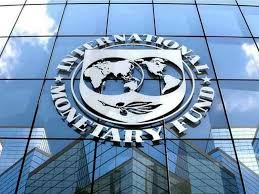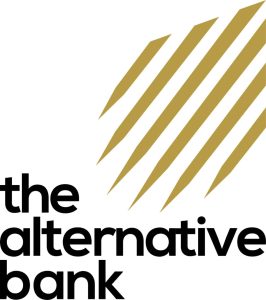ECB Rejects Banking Sector Call For Lower capital To Boost Lending

Lagard takes over as European Central Bank President
The European Central Bank (ECB) on Friday rejected calls from Europe’s banks to ease capital rules to boost lending and put them on an equal footing with U.S. rivals.
The ECB was responding to a report from the European Banking Federation and consultants Oliver Wyman which said that while banking regulation is internationally coordinated by regulators, differences remain in how the rules work in practice, and how they are implemented. “A review of the current capital requirements and supervisory processes could free up capacity for approximately 4-4.5 trillion euros of additional lending in a best-case scenario, representing an increase of almost 30% compared to current bank lending volumes,” the report said.
The report said the difference in regulatory-induced costs at EU banks compared with their U.S. peers can explain 0.8-1.0 percentage points of a gap in return on equity, which is a measure of profitability. “Policymakers should redouble their efforts to complete the banking and capital markets unions,” the report said, referring to EU projects to deepen its capital market and create a more competitive cross-border banking market. For their part, banks should sustain their focus on improving operational efficiency and digitisation. They should position themselves for a long-expected process of consolidation in the euro zone that will also foster better allocation of resources across EU borders.” The ECB, which regulates leading euro zone banks, said it disagreed that EU lenders are at a regulatory or supervisory disadvantage compared with U.S. banks, saying regulatory requirements are “broadly comparable”.
“The largest global European banks have even slightly lower requirements than their counterparts across the Atlantic,” an ECB spokesperson said. It is also questionable that lower capital requirements would lead to higher lending: what is proven is that low levels of capital lead banks to abruptly reduce lending in a crisis, thus deepening the adverse impact on the economy,” the ECB said.
The ECB said it was open to discussing with industry how supervisory processes can be further improved. Banks now hold more capital after being bailed out by taxpayers in the 2008 financial crisis. The EU is finalising the remaining leg of global bank capital rules that were written in response to the financial crisis, with temporary waivers from some elements in the teeth of ECB opposition.
The ECB’s top banking supervisor, Andrea Enria, said last month the key issue for banks was subdued profitability as “cost-efficiency has not been where it should be”, though rising interest rates should help fill the gap.









